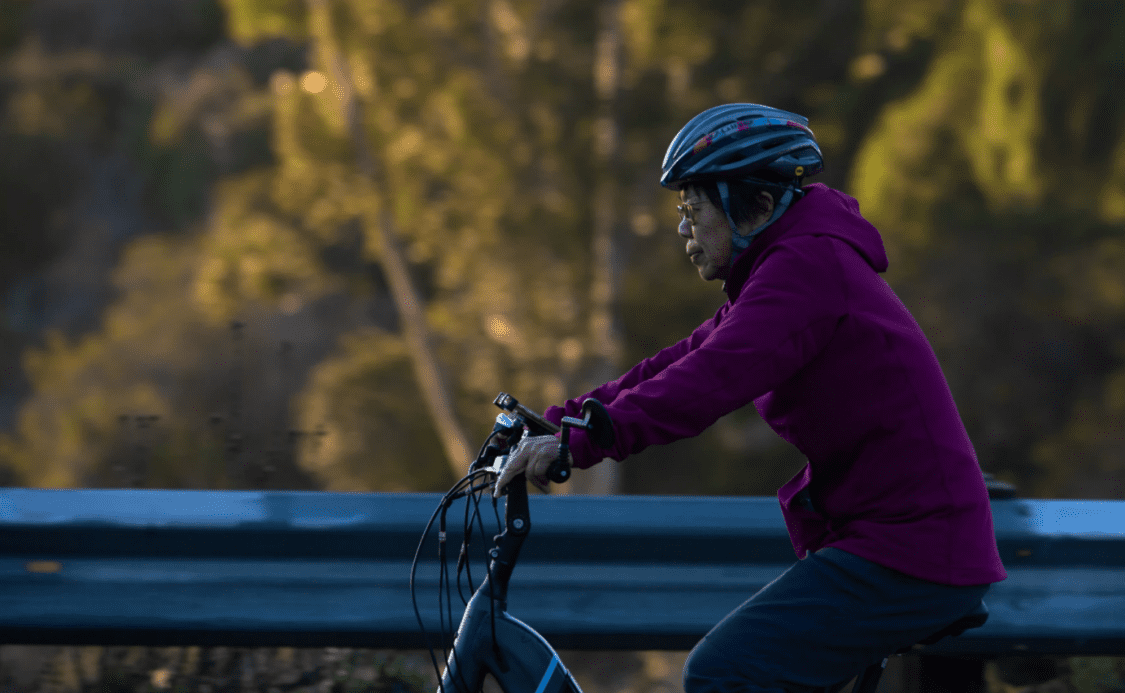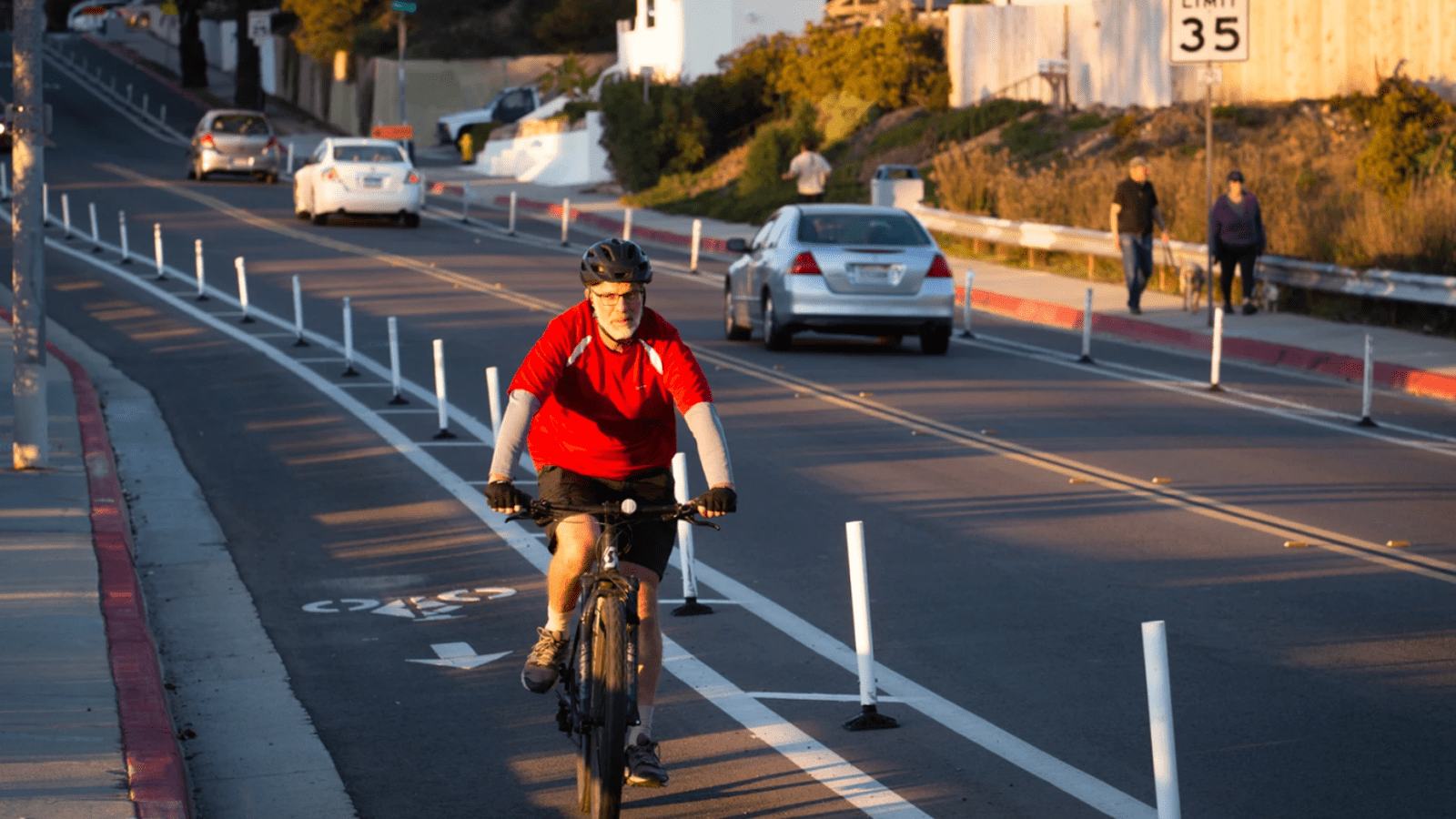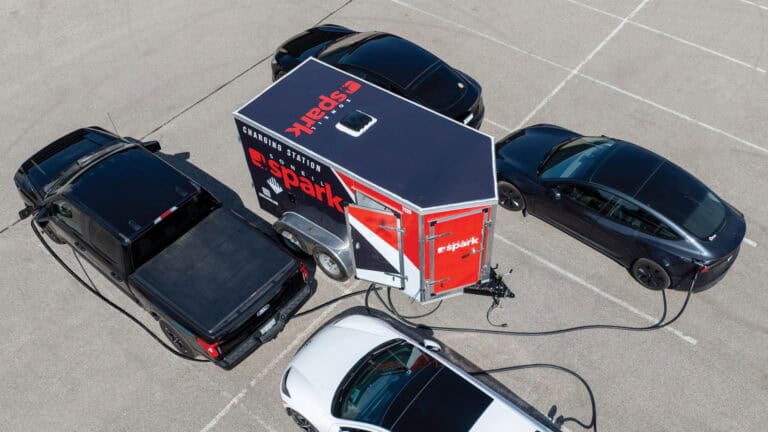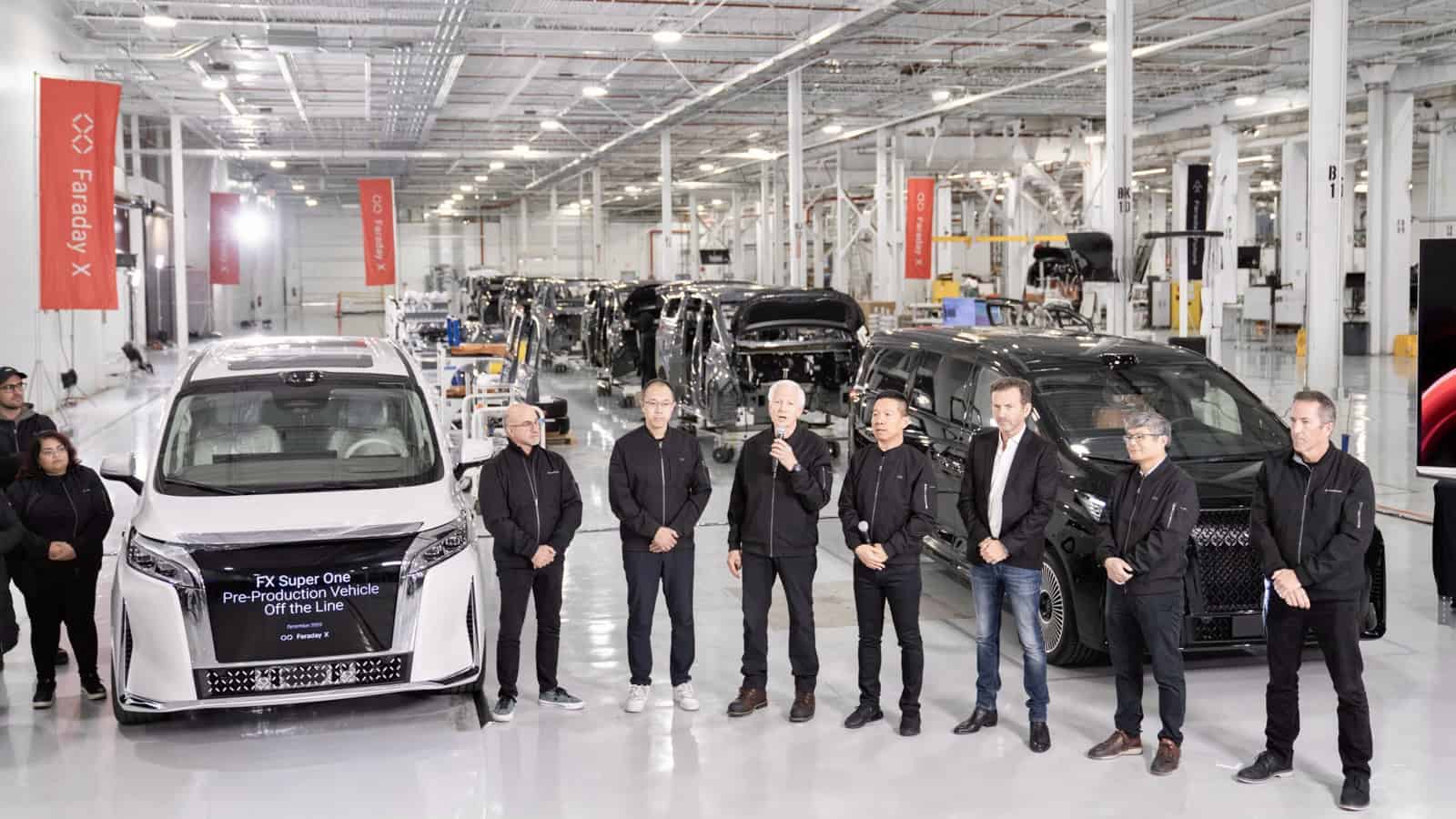San Diego’s e-bike program has had issues with low participation. But it’s still getting $10 million to expand throughout the state.
The San Diego-based nonprofit Pedal Ahead launched in 2020 with the aim to provide an affordable alternative to car ownership through what it calls “socially conscious transportation.” If participants in the program log a daily average of around 5 miles over the course of two years, they can ultimately keep the bikes.
The organization says that close to 400 bikes have been distributed and more than 300,000 miles have been logged since the program’s inception. According to the website, the San Diego program is “filled” and has a waitlist.
However, even as the program is set to expand statewide, it has had some issues with truly capturing its supposed target market. Pedal Ahead founder Ed Clancy admits that only about 50 local participants have logged enough miles to keep their bikes.
Clancy also concedes that many of the program’s participants aren’t the low-income riders that Pedal Ahead most wanted to use their bikes. The program says that it wants to prioritize residents who make less than $50,000 a year, but records show that some riders are local government employees who definitely make more than that threshold, while other riders have been boots-on-ground supporters of public transit through advocacy work or who are even employees of the Metropolitan Transit System, which provides bus and trolley services throughout the county.

But as Pedal Ahead gears up to expand, the organization is trying to implement better practices. One example includes working with participants who have “peaks and valleys” in their bike use to perhaps gain extensions and mileage plans, working with people to extend their time and give them greater opportunities to earn that bike of their very own.
Public agencies are fans of the program. Since 2020, the program has received $200,000 in community enhancement grants from San Diego County.
Pedal Ahead has also partnered with the San Diego Association of Governments (SANDAG) to launch a pilot program with a budget of around $500,000 over a two-year period. SANDAG is responsible for selecting the participants for the program, which will provide up to 125 bikes to riders who live in disadvantaged communities and can provide proof of income. Participants who earn more than $50,000 per year will not be eligible to participate.
The statewide expansion will be funded by the state legislature’s $10 million allocation for the California Air Resources Board to pay for an e-bike program.

SOURCE | IMAGES: KBPS
FTC: We use income-earning auto affiliate links. Learn more.











